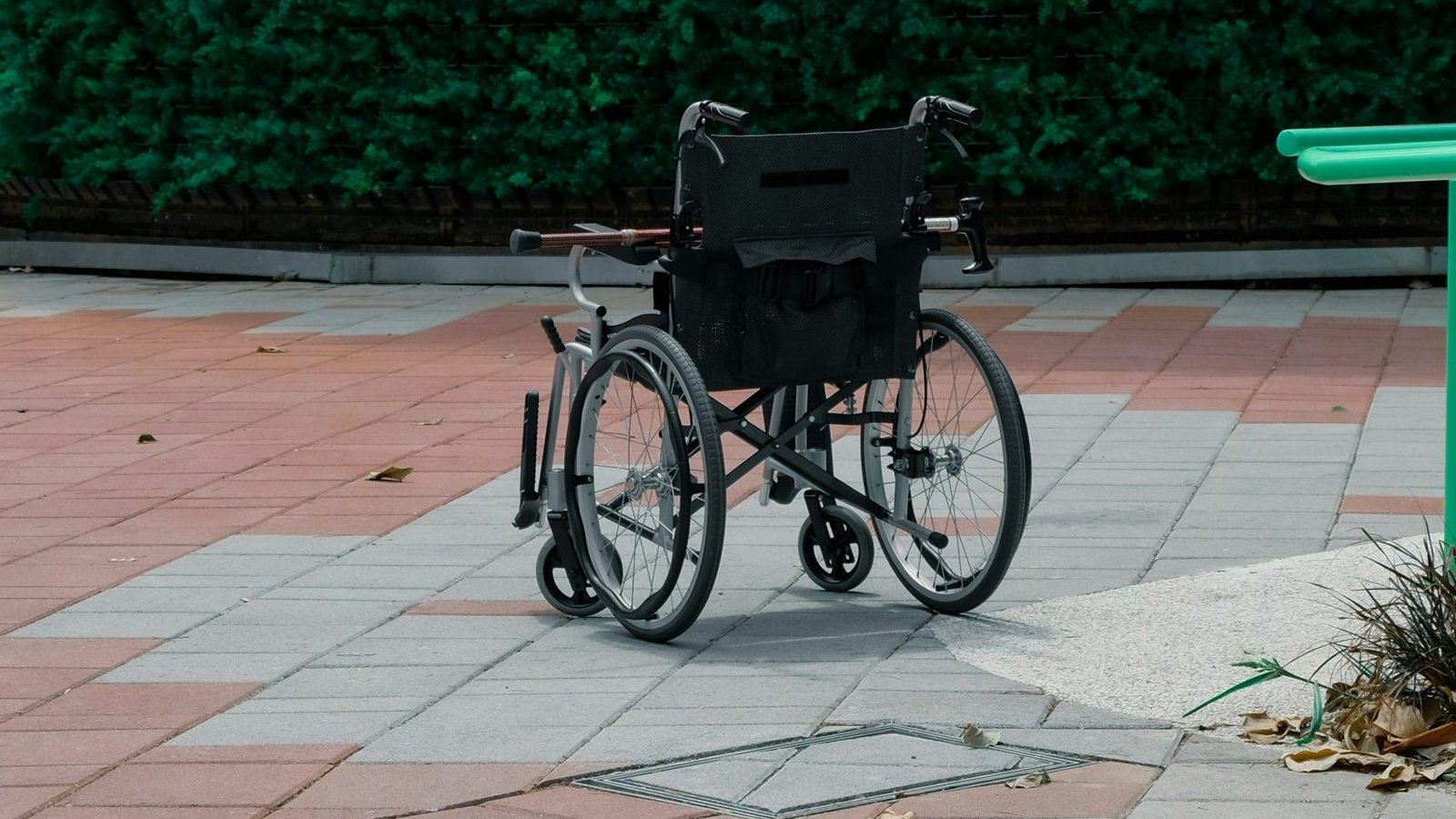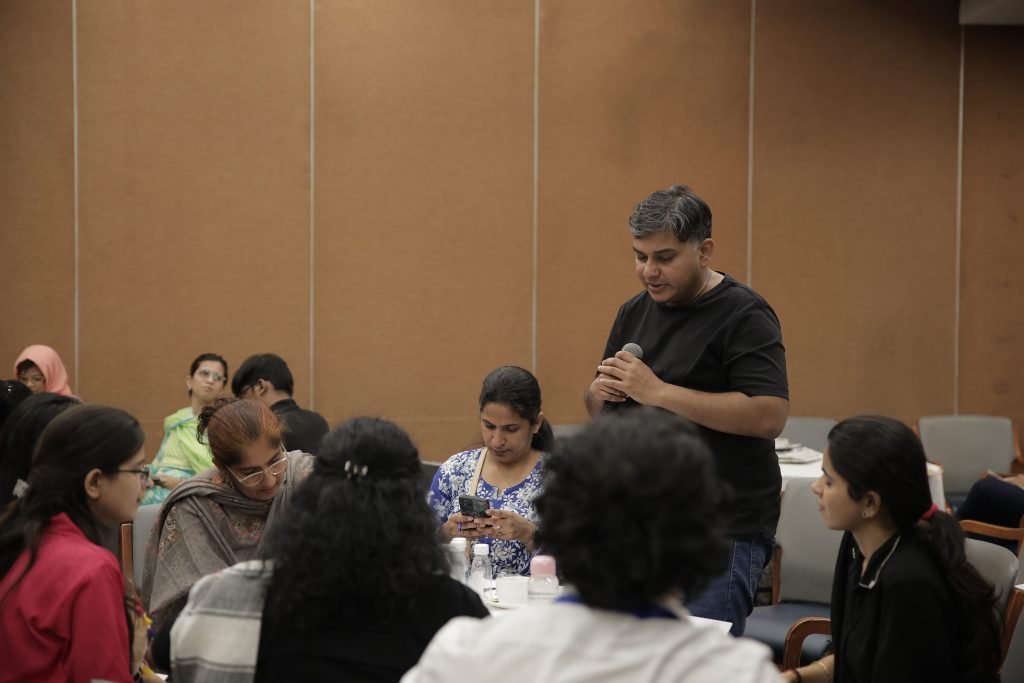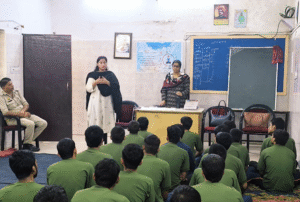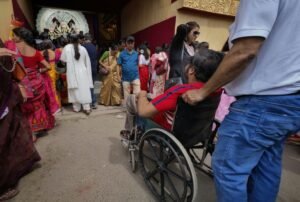
Back to Our Work
Towards Inclusive Policing: Advocating for Disability Justice

India’s first-ever national-level stakeholder consultation on “Inclusive Policing for Persons with Disabilities” was hosted by iProbono India on 28 September 2024. The day-long event brought together diverse stakeholders to discuss systemic reforms required to build more inclusive policing practices across the country. The keynote address, delivered by Justice G.S. Sistani, former Delhi High Court Judge, highlighted the need to raise awareness and create sensitivity among police officers. He also spoke about the inadequate implementation of the Rights of Persons with Disabilities (RPwD) Act urging that “disability rights laws need to be brought into the public domain.”
He noted, “Why are the provisions of the disability rights laws kept in hiding? The reason is that we are not able to bring them out in the public.”
The consultation was part of our program goal of advancing disability justice and enhancing access to justice for persons with disabilities.
Why Disability Justice, Why Now?
The police are the first point of contact in criminal legal settings, and has a ripple effect on their rights in a legal process. Unfortunately, this critical juncture is often marred by discriminatory practices and a failure to account for the unique needs of persons with disabilities. While the RPwD Act 2016 provides a legal framework for this vision, much more needs to be done to ensure the full realisation of these principles.
At iProbono India, we are committed to promoting social equity by addressing ableism within the policing system. As part of the campaign, we collaborated with the Chief Commissioner for Persons with Disabilities (CCPD) to create a guide that simplifies the legal obligations of police officers when interacting with individuals with disabilities. This guide ensures that officers are aware of their legal duties and the procedural accommodations required to protect the rights of persons with disabilities in every encounter with law enforcement.
You can read more about our previous disability justice work here.
Policing and Persons with Disabilities
A key focus of the event was the development of accessible policing practices that align with the Rights of Persons with Disabilities (RPwD) Act 2016 and the principles outlined by the United Nations Convention on the Rights of Persons with Disabilities (UNCRPD). The discussions built on in-depth interviews conducted by our team of lawyers and social workers with persons with disabilities. These interviews and case studies offer important insights into how persons with disabilities experience interactions with law enforcement and highlight the areas requiring urgent reform.
The consultation featured two dynamic panel discussions:
Lived Experiences and Solutions: Insights from the Panels
The first, “Lived Realities: Navigating Police Interactions as Persons with Disabilities”, highlighted the experiences of persons with disabilities in police interactions, and stressed the need for an empathetic policing system. Moderated by Dr Satendra Singh, a renowned disability rights advocate and founder of Doctors with Disabilities, the panel featured Smitha Sadasivan from the Disability Rights Alliance, Tamil Nadu, Advocate L. Murugantham of Madras High Court, Kiran Nayak from Karnataka Vikalachetanara Sangatane, and George Abraham, CEO of Score Foundation.
Dr Singh emphasised, “The barriers in policing are not only physical but deeply ingrained in attitudes. Inclusive policing is not a privilege but a necessity to ensure the dignity of persons with disabilities.”
The consultation also highlighted best practices for making police stations and services accessible. Swarnalatha J. from Swarga Foundation presented “Bridging Barriers” an initiative with the Coimbatore Police Station.
The second panel, “Bridging Gaps: Integrating Disability Justice in the Criminal Legal System”, discussed practical steps towards implementing inclusive policing practices and legal reforms. Moderated by Karuvaki Mohanty, Program Manager at iProbono India, the panel featured former Kerala DGP Jacob Punnoose, Advocate Roma Bhagat from Delhi High Court and Henri Tiphagne, Human Rights Activist & Advocate, Tamil Nadu High Court.
In her remarks, Advocate Bhagat said, “There is a certain lack of empathy which needs to be tackled. We cannot change the life of a police personnel. But we can create a system where they have access to resources, necessary information and aids.”
Confronting Systemic Ableism in Policing
Throughout the day, participants echoed a shared concern: the pervasive ableism within the policing system. Persons with disabilities are often regarded as incapable of contributing meaningfully to their own legal cases, and this assumption results in their exclusion from critical processes. One participant shared their lived experience, recounting how police officers refused to accommodate their need for written communication during interrogation, dismissing their attempts to communicate effectively due to their speech impairment. Another participant recounted how she was forcibly lifted from her wheelchair and placed into the trunk of an inaccessible police van, causing significant discomfort, insult, and humiliation. Such testimonies underscored the critical importance of rethinking how law enforcement operates with disability.

iProbono India’s Commitment to Disability Justice
The event was an important milestone in our work to advocate for comprehensive legal reforms and practical measures that promote inclusivity within the criminal justice system. Alongside our committed grassroots partners, lawyers, and advocates, we will continue to address the challenges in the current legislative framework.
For more details on our disability justice initiatives and future events, please visit our website or reach out to us at communications@i-probono.com.











